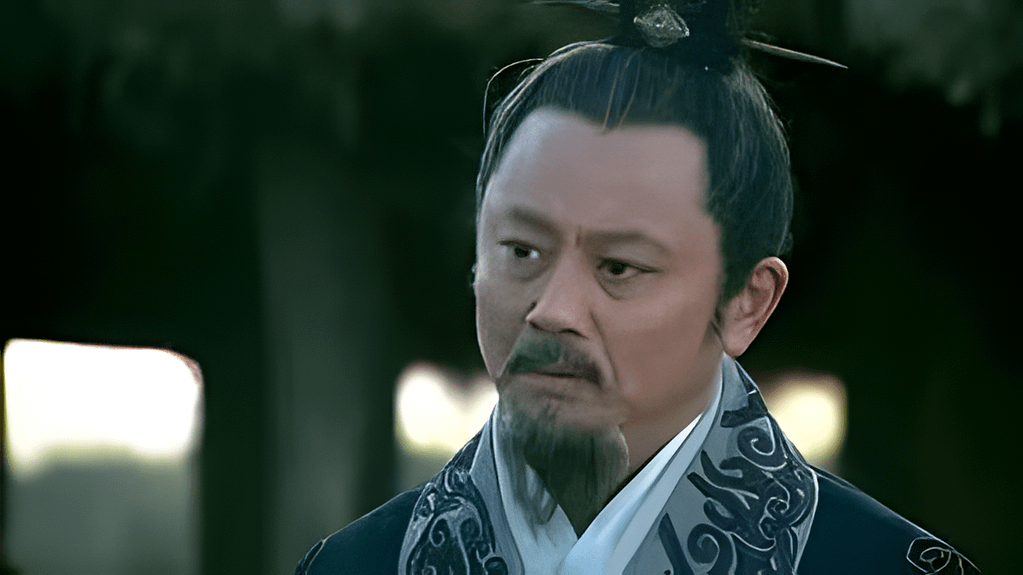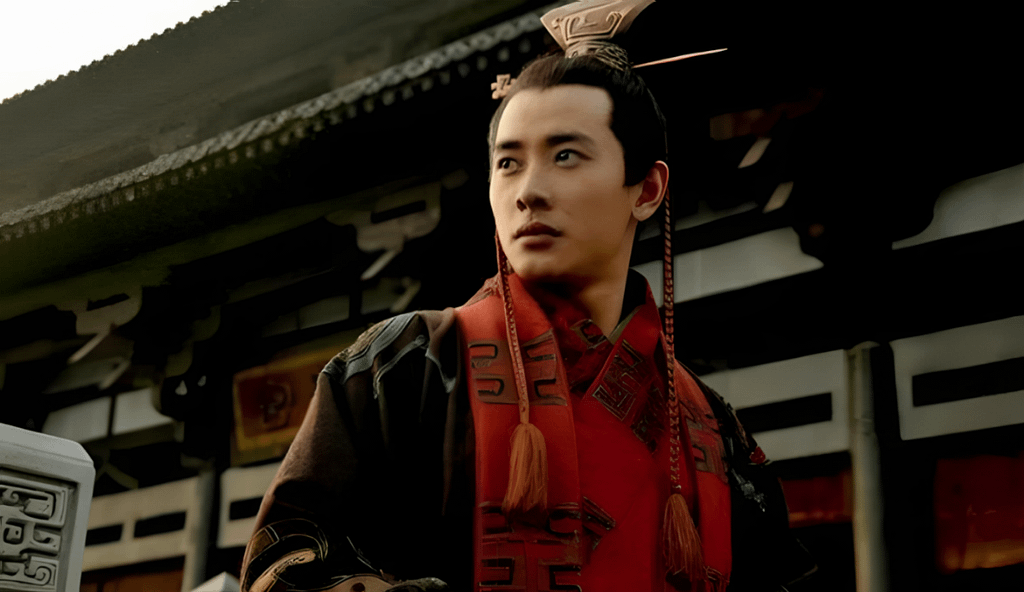What people desire most is to live and work in a stable and good social environment, earning their livelihood through their own efforts. The government’s duty is to establish a sound legal system and maintain a good environment, leaving the rest to the people. Constantly issuing policies and excessively interfering in how people live their lives, or even frequently changing orders, will disrupt the normal production and life of the citizens.
As early as the early Han Dynasty of China, Cao Shen had already grasped this principle.
Cao Shen was Liu Bang’s superior when Liu was the head of the pavilion and his closest comrade-in-arms. Xiao He was a civil official, while Cao Shen was a military general who once served under Han Xin. Apart from being equipped for battle, his most important job was to monitor Han Xin and prevent the great military strategist from rebelling.
Such an invincible general was assigned to be the chancellor to King Liu Fei of Qi (Liu Bang’s illegitimate son) after the revolutionary victory, overseeing the governance of Qi.
Cao Shen, being a military man with no knowledge of local governance, extended generous invitations to Gai Gong, an expert in Huang-Lao philosophy, for guidance.

.
Gai Gong believed that governing a country was simple: just follow the law, provide the people with a safe and stable environment, and don’t interfere unnecessarily. The government should avoid grandstanding, pursuing political achievements, or meddling excessively in people’s affairs—just let things run their natural course.
Cao Shen greatly admired Gai Gong and followed his advice. In nine years, the State of Qi became very prosperous. Then, bad news arrived: Xiao He passed away, and Emperor Liu Ying appointed Cao Shen as Chancellor. After taking office, Cao Shen dismissed all the efficient, eloquent, and ambitious officials, and promoted a group of honest and straightforward bureaucrats who strictly followed regulations. After that, he relaxed completely, spending his days drinking, eating, and listening to music.
Many people were dissatisfied with Cao Shen and reported to Emperor Liu Ying, who was very angry. Cao Shen asked Liu Ying, “Is Your Majesty greater, or was the former emperor Liu Bang greater?”
Liu Ying replied, “Of course, the former emperor was greater.”
Cao Shen then asked, “Between Xiao He and me, who is greater?”
Liu Ying angrily said, “You are far inferior to Xiao He.”
Cao Shen concluded, “You are absolutely right. The laws and decrees established by the former emperor and Chancellor Xiao are already very clear. I just need to implement them. Isn’t that sufficient?”

.
Although Liu Ying was not very involved in state affairs, he was relatively wise. He immediately understood: as long as the established governance policies were followed, the people would live in peace and the country would prosper. Pursuing ambitious projects during the precarious period following the former emperor’s death and with Empress Lü in power would be disastrous.
The common people called Cao Shen, who spent his days drinking, eating, and listening to music, a wise chancellor. Sima Qian also gave Cao Shen very high praise in the “Records of the Grand Historian.”


0 Comments